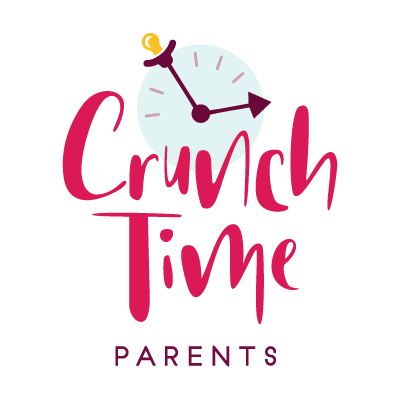If You're Appy and You Know It: Parenting Apps and "Parennials"
/The New York Times can never resist a snappy word that defines what an entire generation or subculture is all about. You might remember the Metrosexual era, when the NYT's Style section tried to wrap its head around the seemingly new breed of men of every sexual orientation who like to use moisturizer and buy expensive clothes.
The newspaper of record's attempt to grapple with Metrosexual culture (even if it didn't invent the word) was only slightly less amusing than that time in the '90s when the Times tried to describe the way Gen Xers in Seattle's grunge scene like to talk; the Times got pranked by a SubPop Records staffer who invented slang terms like "swinging' on the flippety flop" (i.e. "hanging out") and fooled the NYT into printing them in a Lexicon of Grunge. This brings us to the latest entry from the Times: Parennials.
What's a Parennial? A Millennial Parent, get it? Parennials, according to the Times, are identifiable partly by their addiction to parenting apps like Winnie and Wonder Weeks. Presumably, Parennials rely more on apps than do certain Gen Xers like yours truly, who aren't digital natives (and are constantly playing catch-up). But the Times doesn't provide any evidence about whether Parennials actually use technology in child-raising more than their slightly older peers do. The Times story makes a few other doubtful, head-scratching claims:
“The good news is that parents know more about child development than ever before,” says Rebecca Parlakian of Zero to Three, a parenting research organization that's been around since the 1970s, in a quote in the article. “Google is the new grandparent, the new neighbor, the new nanny.” Um, that describes pretty much every parent right now, no? "What's coxsackie? Hell if I know. Google it."
The Times article continues: "The bad news is that parents feel overwhelmed by the volume of information, confused about the 'right way' to do things and harshly judged by friends and relatives." Again, sound familiar?
The reporter does point out that Parennials are more likely to "co-parent," splitting duties around the house or at least making an effort to; also that they're more likely to intermarry across religious lines (that number has doubled since 1960) and to approve of interracial and cross-cultural marriage (90 percent of millennials approve). Those are all extremely encouraging developments, and if they do in fact define Parennials more than older generations, then that's excellent news. But don't those attitudes also apply to parents born after the '60s and before 1980? Let's hope so, and anecdotal research would suggest they do. But the NYT doesn't say.
The most "wait, what generation are we talking about?" quotes in the story come from one Kate Flynn in Brooklyn, a 32-year-old mother of an 11-month-old: “We feel like kids who aren’t old enough to have kids,” she says. Believe it or not, this sounds deeply familiar to some of us new parents who are well over 35. Ironic? Yes. Scary? Sure. But true? Oh yeah.
The story ends with this quote from Flynn, about what it's like to be a parent: "We kind of know where we are going with this, but we don’t know how it’s going to turn out.”
So even if the NYT's generation-defining attempts are, once again, dubious at best, at least the article reminds us that parents never really know what they're doing. Anywhere, anytime, ever. And that's oddly reassuring.
Photo by Samuel Zeller on Unsplash.



















